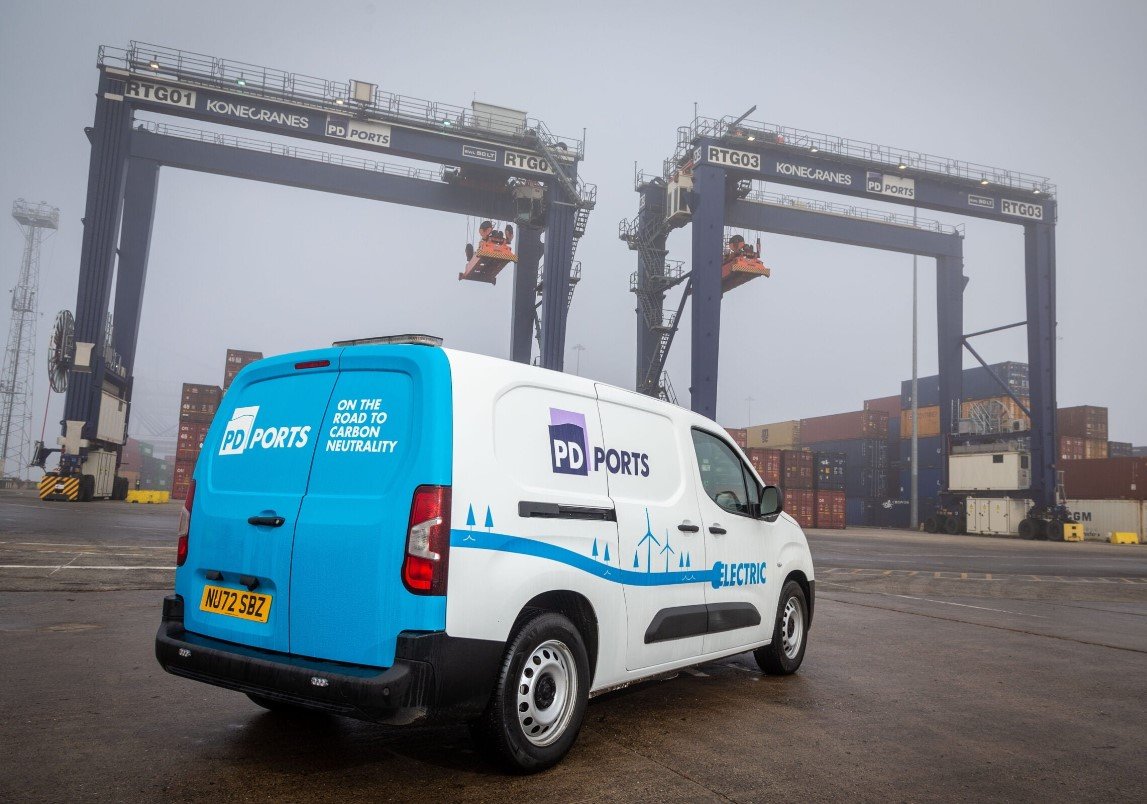The recent shift in government has brought renewed focus on the electric vehicle (EV) agenda. With Labour’s significant majority, there are high expectations for advancements in EV policies and infrastructure. This article delves into the anticipated changes and their potential impact on the EV landscape, highlighting key initiatives and industry responses.
Government’s Commitment to EV Infrastructure
The new government has pledged to restore the 2030 deadline for ending the sale of new internal combustion engine (ICE) vehicles. This commitment is seen as a crucial step towards reducing carbon emissions and promoting sustainable transportation. The previous government’s policies, such as the Local Electric Vehicle Infrastructure (LEVI) fund and incentives for zero-emission heavy goods vehicles (HGVs), will continue to play a significant role.

In addition to these policies, the new administration aims to address the challenges of EV charging infrastructure. The Rapid Charge Fund, which has been largely unallocated, is expected to receive renewed attention. This fund is essential for developing high-power charging stations along motorways and trunk routes, ensuring that EV users have access to reliable charging options.
The government’s approach to EVs is not just about transportation but also about boosting the UK’s automotive industry. By focusing on manufacturing and the eMobility supply chain, the administration hopes to create jobs and strengthen the economy. Companies like Trojan Energy are expected to benefit from these initiatives, contributing to the growth of the EV sector.
Industry Response and Expectations
Industry experts have welcomed the government’s commitment to the EV agenda. The All-Party Parliamentary Group (APPG) on EVs has been instrumental in shaping policies and providing a platform for industry stakeholders to voice their concerns and suggestions. The recent strategy hustings at the APPG highlighted the importance of collaboration between the government and the industry.
One of the key takeaways from the APPG session was the need for clear guidance for local authorities on EV charging infrastructure. The delay in issuing this guidance due to the pre-election period has been a concern, but it is expected to be addressed soon. This guidance will be crucial for local authorities to implement effective charging solutions for on-street parkers and other users.
The industry’s focus is also on the accessibility of EV charging stations. Ensuring that charging points are available in urban and rural areas is essential for widespread EV adoption. The government’s plans to ‘unstick’ the Rapid Charge Fund and provide incentives for home chargepoint schemes are steps in the right direction.
Future Prospects and Challenges
Looking ahead, the EV agenda faces several challenges. One of the primary concerns is the public’s understanding of the 2030 deadline for ICE vehicle sales. There is a need for clear communication to ensure that consumers are aware of the implications and benefits of this policy. Addressing misconceptions and providing accurate information will be key to gaining public support.
Another challenge is the integration of EVs into the existing energy grid. As the number of EVs increases, there will be a greater demand for electricity. The government and industry must work together to develop solutions that ensure a stable and reliable energy supply. This includes investing in renewable energy sources and smart grid technologies.
The government’s approach to EVs as a trade and industry initiative rather than just a transportation issue is a positive development. By viewing the EV sector as a vital part of the UK’s industrial strategy, there is potential for significant economic growth. However, this will require continued investment and collaboration between the government, industry, and other stakeholders.



































